Learning Packs by Deutsche Welle
Nine multimedia environmental learning packs made by the Deutsche Welle environmental section to be used in your classroom or during homeschooling.
Want to inspire young people to protect the environment? Use these digital learning packs from DW. The learning packs contain easy-to-use handouts to help educators prepare lessons around climate change, biodiversity loss and pollution.
The Learning Packs are available in English (see below) German and Spanish. Each learning pack provides access to booklets for teachers and workbooks for students.
Learning pack #9: Environmental protection using Indigenous knowledge
From sustainable fishing to the use of medicinal plants, many Indigenous communities have long known how to live with and from nature. A learning pack about ancient methods for today's environmental protection.
Learning pack #7: Food for the future – feeding the world in a climate-friendly way
By 2050, Planet Earth will be home to a predicted 10 billion people. Making sure there is enough food to go around without exacerbating the climate crisis is a huge challenge. This learning pack looks at food for the future.
Learning pack #5: Pollinators under threat
More and more pollinators around the world are vanishing. That's a threat to biodiversity as well as our food security. What can we do to protect bees, flies, butterflies and other pollinating creatures?
Learning pack #3: Urban green spaces
What do urban kids, picnic lovers, animals and bees have in common? They all need nature to be happy. A learning pack about the discovery and creation of green oases in the city.
Learning pack #1: Plastic waste and its environmental impact
Today, plastic is literally everywhere. It's used to package food and is found in cosmetics, it piles up on beaches, streets and even in the oceans. Change is urgent — this learning pack shows why.
Learning pack #8: Protecting wild animal habitat
Numerous animal species go extinct every year because of habitat destruction. We introduce people who are helping wild animals in need and who are doing conservation work where they live.
Learning pack #6: Blue Gold: The dwindling resource of water
Drinking water is one of our most precious resources. But climate change is making water increasingly scarce, access to it more and more difficult. What can we do to ensure everyone has access to clean drinking water?
Learning pack #4: When food becomes trash
Every year, some 1.3 billion tons of food end up in the garbage, even though much of it would still be edible. Why do we throw away so much food, and how does that waste impact the environment and the climate?
Learning pack #2: Protecting our forests - A vital ecosystem under threat
Forests are often called the "Earth's green lung," because they store CO2 and produce oxygen. They also provide food and shelter for humans and animals. But what happens if our forests disappear and what can we do to help protect them?
Supported by the German Federal Ministry for the Environment, Nature Conservation and Nuclear Safety based on a decision of the German Bundestag.









